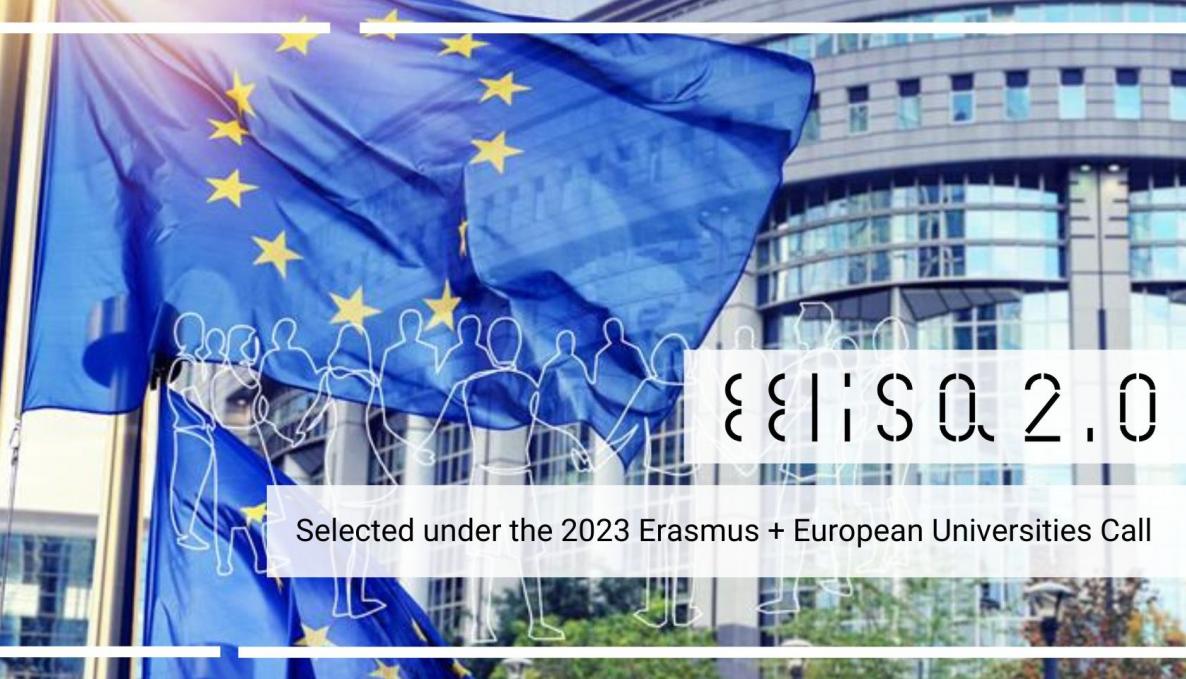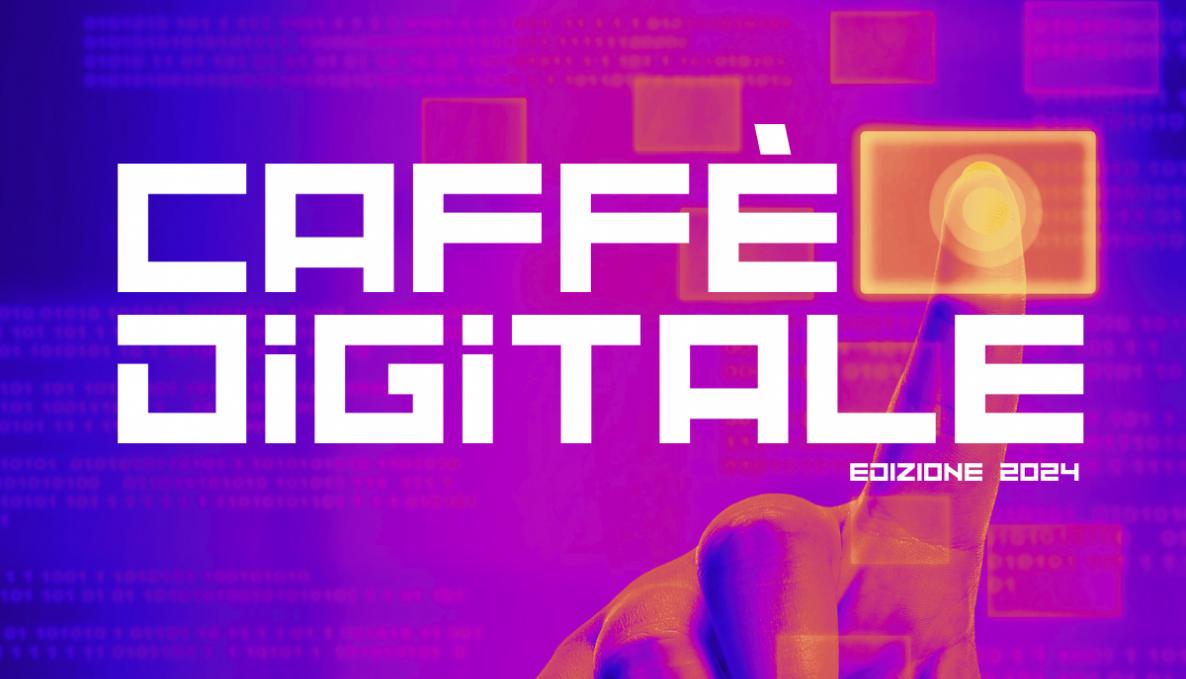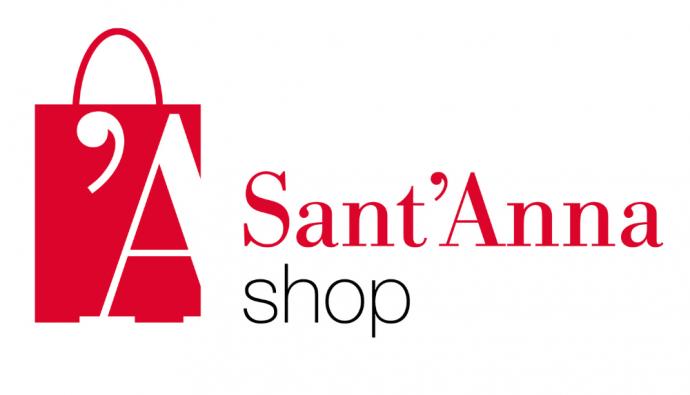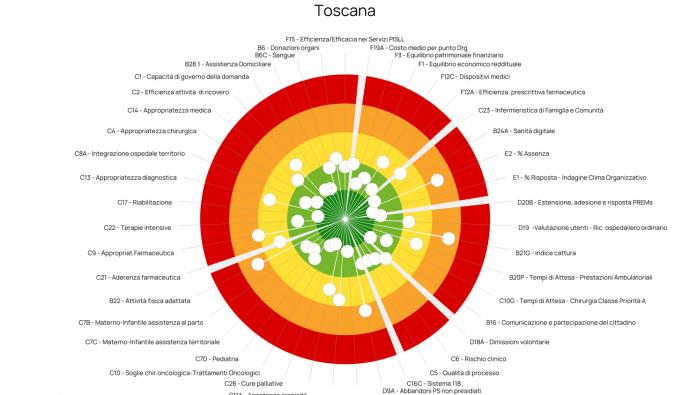EELISA 2.0 project: thanks to European Commission funds, opportunities for innovative and interdisciplinary paths for European students continue

The EELISA project is confirmed and enters its second phase as EELISA 2.0, an initiative selected under the 2023 Erasmus+ European Universities call with funding of €14,400,000 and a total budget of more than €21,000,000.
With expanded scope and ambitions, in this new phase EELISA aims to deepen collaboration in line with the six dimensions of the European education Area: quality, inclusion and gender, green and digital transitions, teachers and trainers, higher education, and the geopolitical dimension. In addition, the alliance seeks to contribute to the consolidation of research within Europe and its goal of creating a unified and unrestricted marketplace across the European Union. In the coming years, EELISA will continue the activities of the European Universities Initiative to transform institutional cooperation among higher education institutions through structural, strategic and long-term sustainable collaboration.
According to Alberto Garrido, current EELISA coordinator: "this is great news for all members of the alliance. It signifies a significant endorsement of the work done over the past three years, which serves to recognize the progress made. This includes strengthening the links between education, research and innovation. EELISA 2.0 will build on these initial successes, expanding them into new areas and increasing their visibility".
As reflected in EELISA 2.0's mission statement, in the new phase "engineering will remain the core strength of EELISA, but will be integrated into a comprehensive, interdisciplinary strategy that encourages cross-learning of methods and best practices". EELISA will act as an interface between science, technology and society, contributing to green and digital transitions in Europe. Some of the key strategic goals of this new phase will be the transformation of education and training towards challenge-based learning and the creation of an innovative educational ecosystem built around research and innovation.
Sofia d'Aguiar, executive director of EELISA, points out: in a broader context, the support of the European Commission enables EELISA to achieve these goals. From a practical point of view, this support will facilitate the transition of our alliance from a project-based structure and organization to an institutionalized structure, characterized by simplified governance and a more agile, decentralized and digitally supported management approach. This transformation is key to expanding EELISA's impact at all levels".
EELISA students also join in the satisfaction with this positive news. Judith Wahl, president of the EELISA Student Council, expresses her enthusiasm, "With the continuation of the EELISA alliance, we as a student council can continue to work to connect the student bodies of our respective universities. We firmly believe that bringing students together leads to greater sharing of knowledge and experience, as well as the formation of lasting bonds that will enable future environmental and social challenges. Exploring fields of research beyond our own curricula and networking across borders is an important, enriching aspect of the student experience. For this reason, we are grateful to the European Commission for its continued support of EELISA".
EELISA 2.0's mission statement attached



